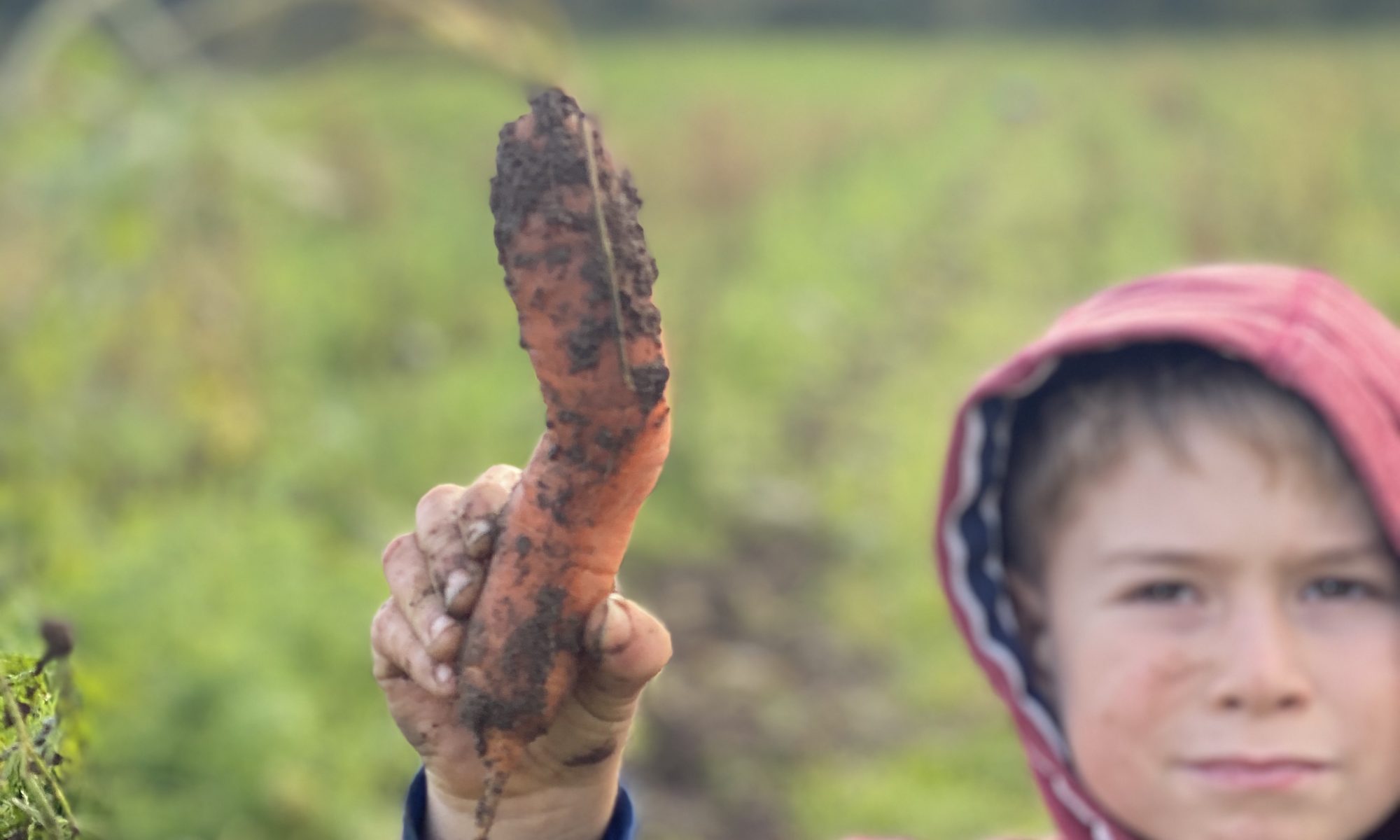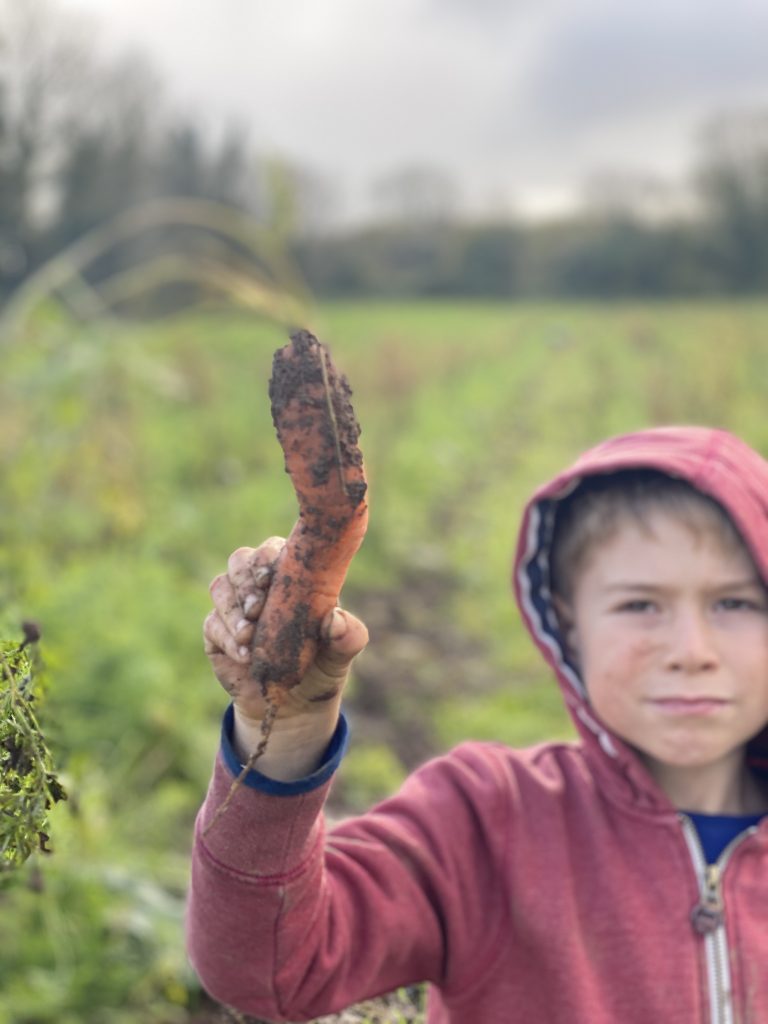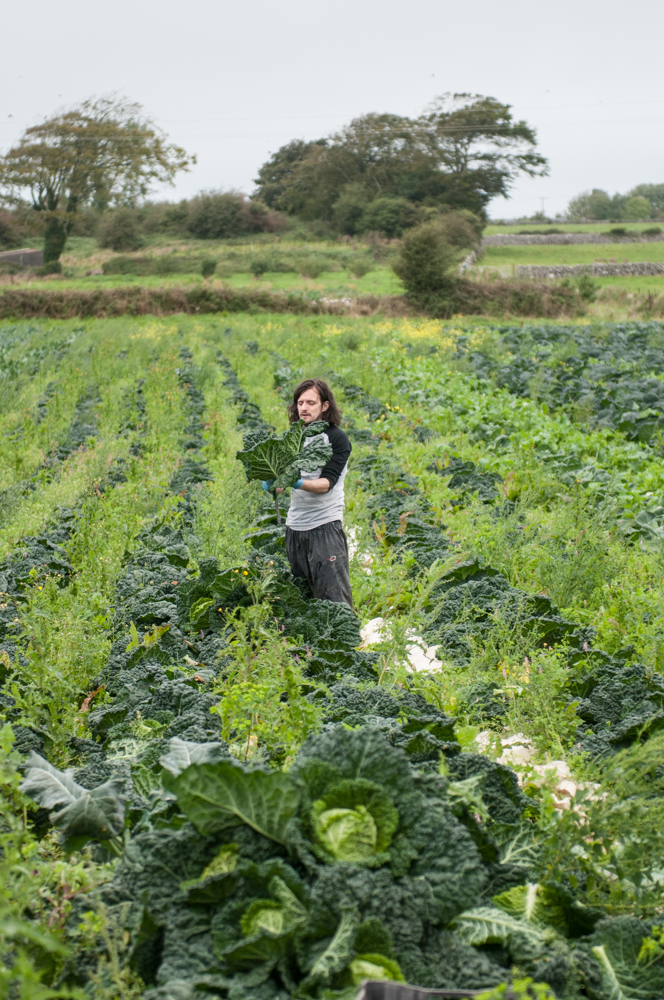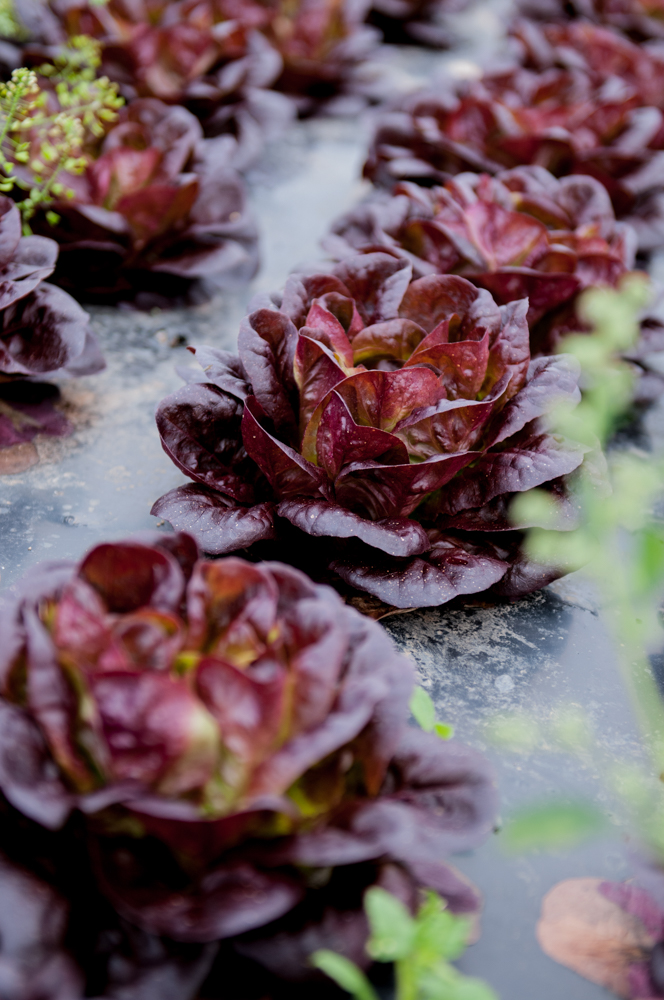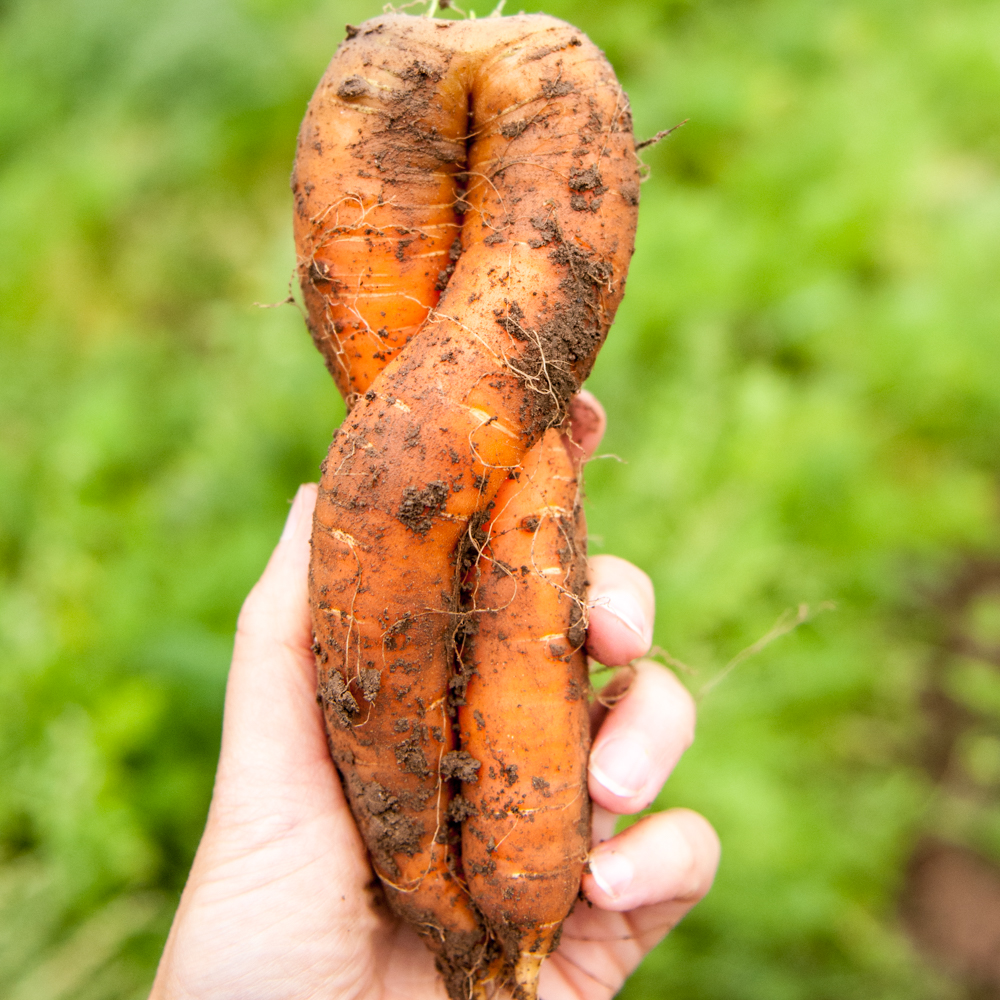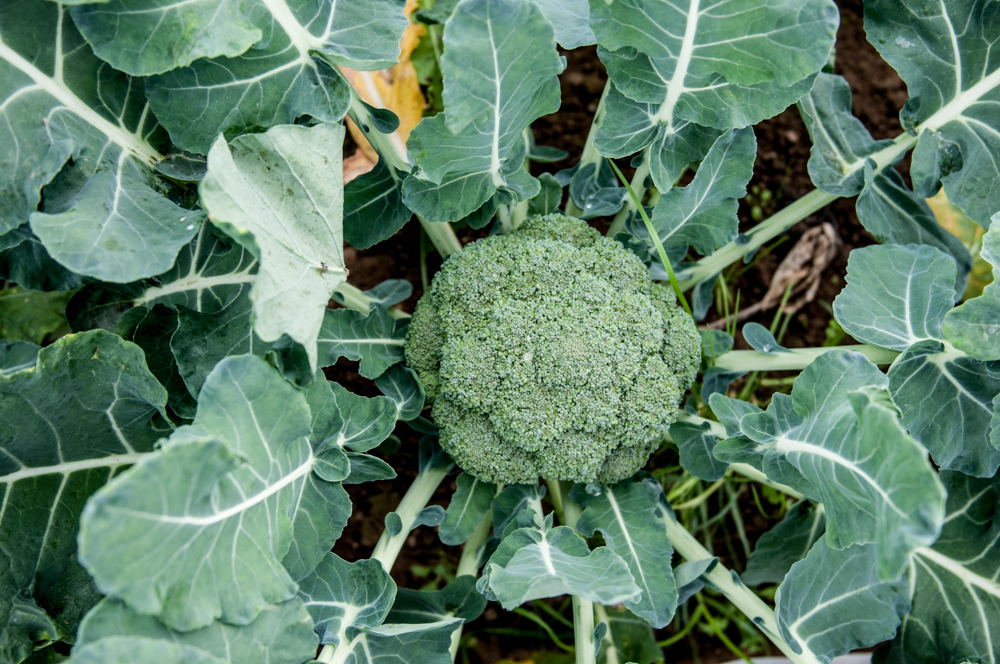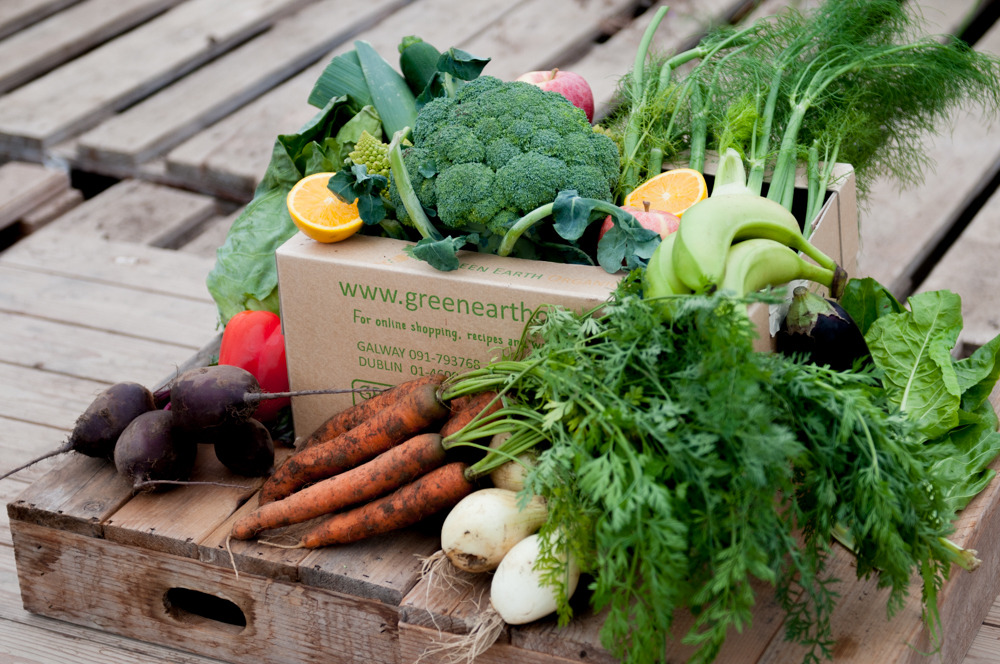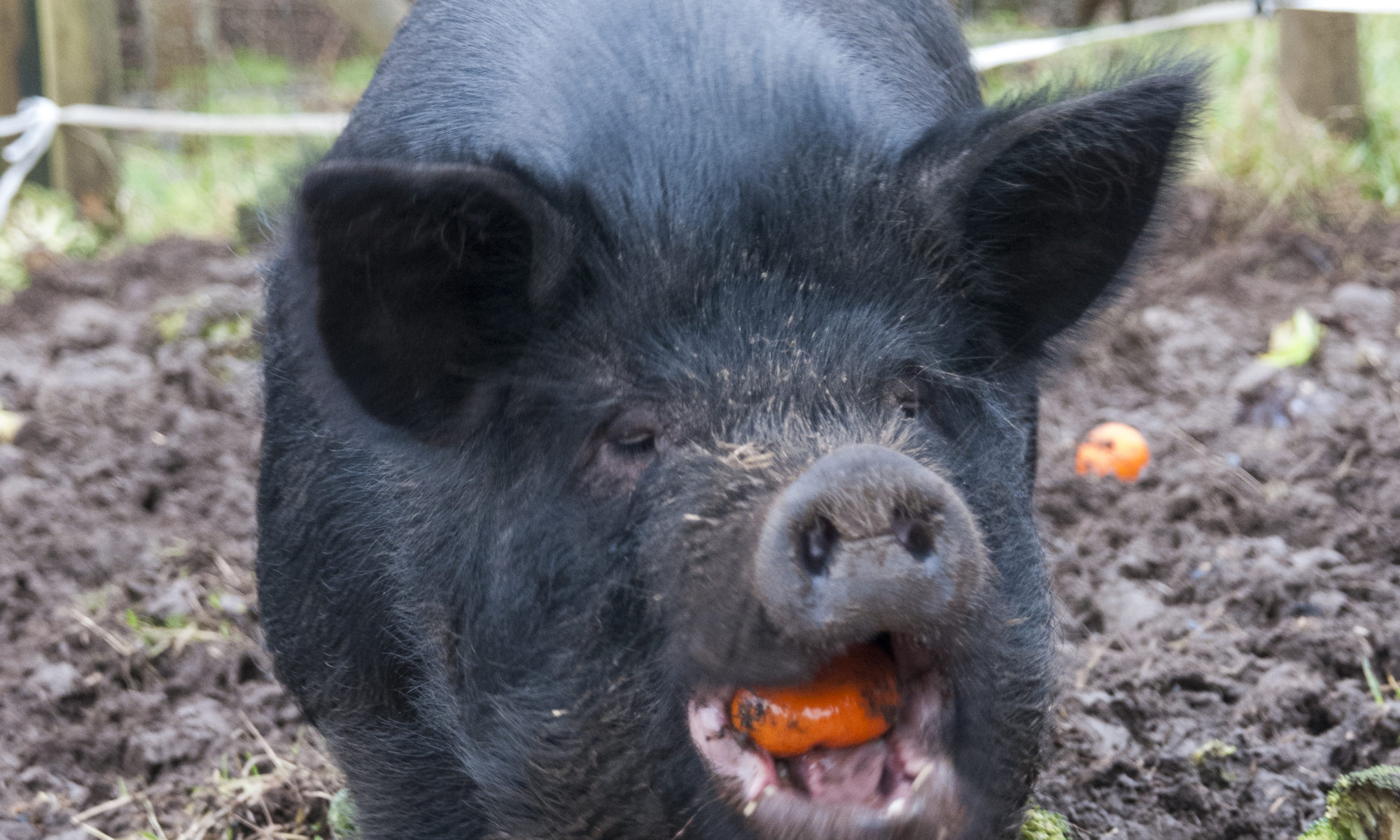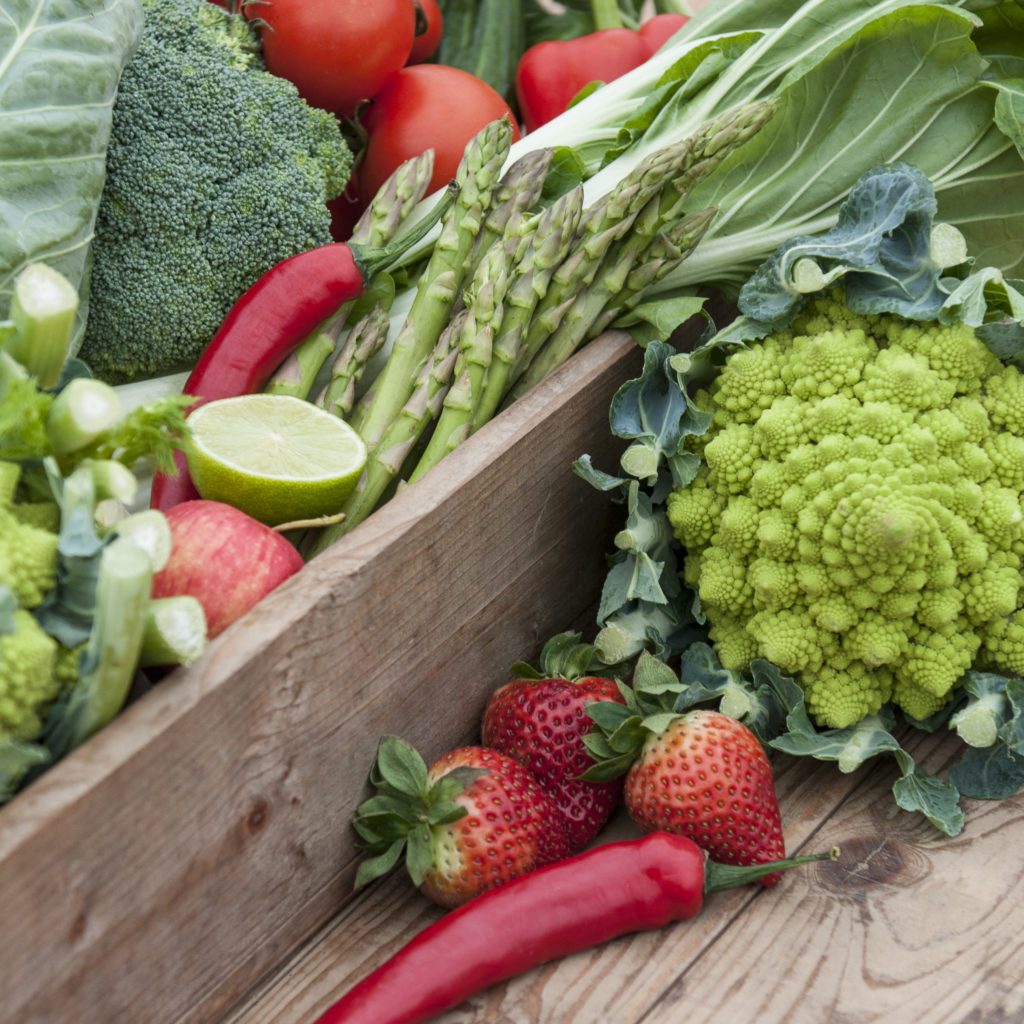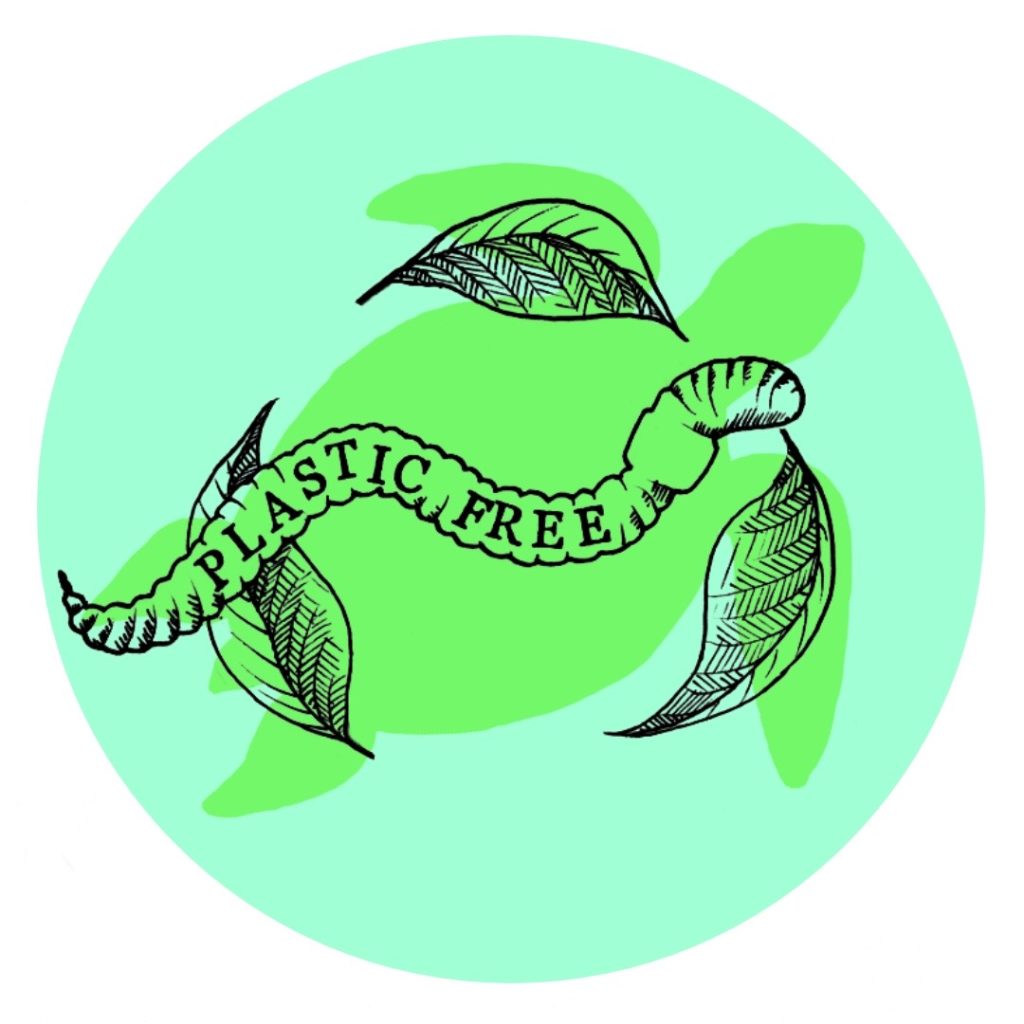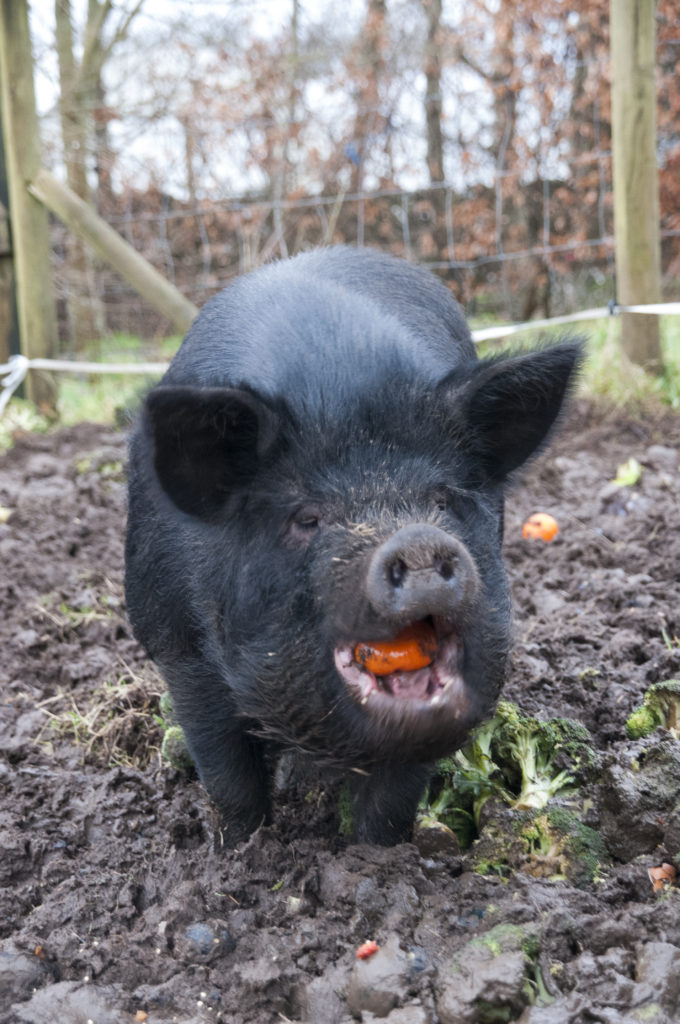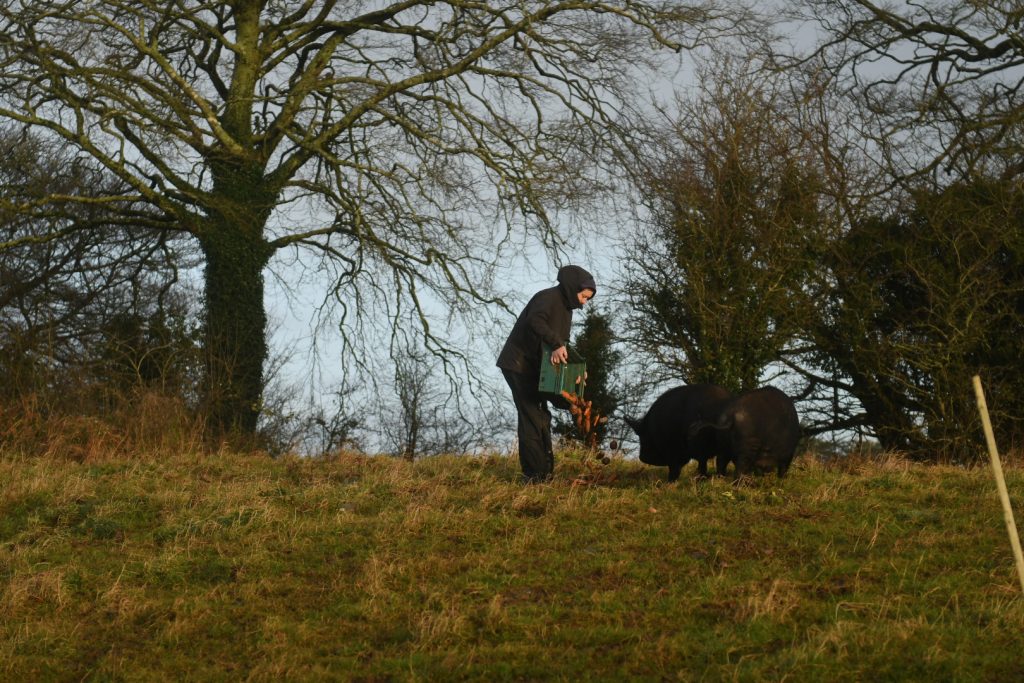
When we think of food waste, throwing out a wobbly carrot or a bruised apple, we usually just think of it as a waste of a few cents. But food waste is actually one of the largest contributors to climate change. Growing, processing and transporting food uses significant resources, so if food is wasted then those resources are wasted too. It is estimated that globally, around 1.4 billion hectares of land is used to grow food which is then wasted. That’s a lot of land that could be returned to the wild and a lot of wasted food emitting methane as it rots.
If food waste was a country, it would be the 3rd biggest emitter of greenhouse gases in the world. Food waste occurs at every level of the food supply chain:
- On farms, whole crops can be rejected by supermarkets due to size, shape or cost.
- In processing centres food waste is common, if something gets mislabelled it’s cheaper to just throw it all away rather than relabel.
- At distribution centres, whole palettes of perfectly good food can be thrown away because of a spill.
- Supermarkets continue to be hugely wasteful with food by deliberately over ordering to keep shelves looking fully stocked. A well packed shelf encourages consumers to buy.
- We consumers are actually the worst offenders. Households generate more than half of all food waste in the EU.
We can’t control the wasteful decisions made by supermarkets but we can control our household food waste and our buying decisions. Skipping the wasteful middle man (supermarkets) and buying directly from farmers goes a long way to cutting your food waste. Make it easy by setting up a repeat order with us today. But there is more we can do in our homes. We’ve boiled down 5 ways to avoid food waste below. Hope you find it useful!
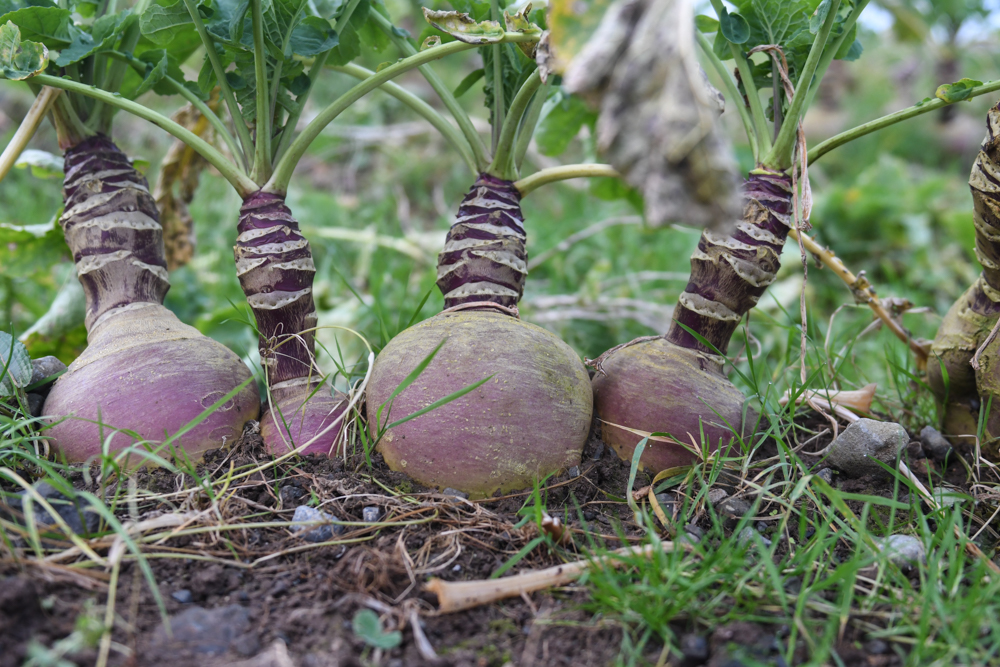
1. Plan & Prepare
- Write a menu for the week before shopping and only buy what you need. Or if you get a weekly veg box delivered then write a menu as you unpack the box and stick it on your fridge.
- Plan to use up delicate ingredients with a shorter shelf life first. Things like salads, herbs and greens first, save the hardier root vegetables for later in the week.
- Before you buy even more fresh food, shop from your own fridge, freezer and pantry. How many more meals can you make with what you already have?
- If you know you don’t have much time for cooking, spend some time meal prepping:
- Cook batches of soups/stews/bakes, freeze them in portions to be taken out when you need them.
- Make yourself a sort of ‘fridge buffet’ which you can dip into for lunches – separate boxes of cooked grains, roasted veg, dips, dressings – for food safety, only do 3 days worth at a time.
- Pre-wash and chop all the veg you need for your menu so that when you come to cook it’s much quicker. But be careful doing this kind of prep as chopped veg doesn’t last as long as whole. Only do this 3 days in advance maximum.
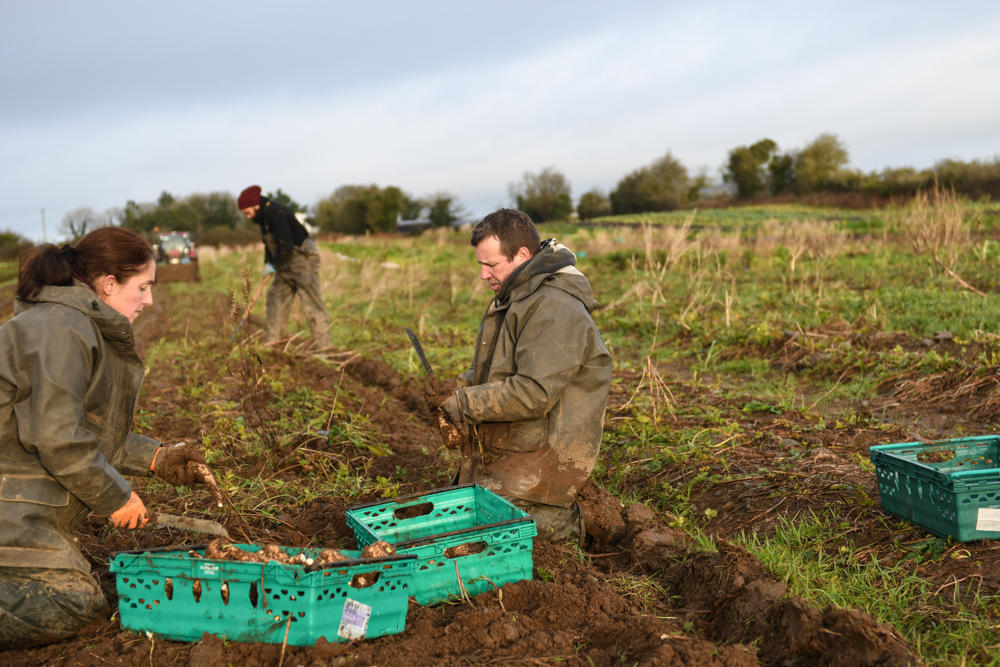
2. Storage
- Learn how best to store different fruits, herbs and vegetables so that they stay fresh longer.
- Should they be in the fridge or in a dark cupboard or a fruit bowl? Do they need to be in water to stay fresh longer? Are they better in or out of their packaging? Is it better to store them muddy or clean?
- Always rotate! Put new ingredients behind older ones and use up the old ingredients first.
- If you don’t eat a lot of bread, store sliced bread in the freezer and just take out a few slices at a time when you need it.
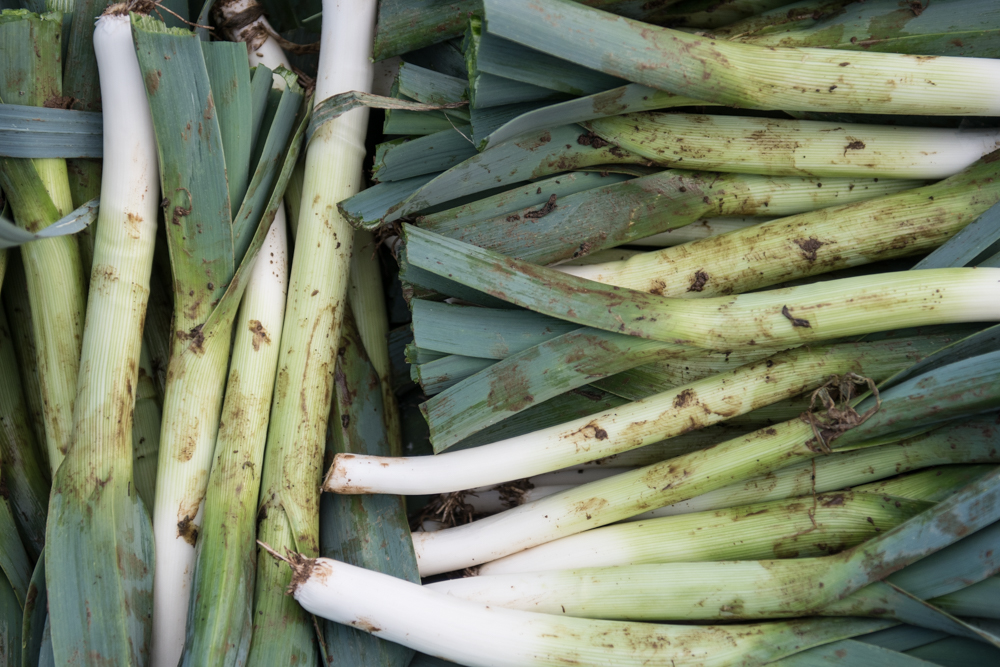
3. Eat ‘Root to Shoot’
- Think to yourself, ‘does this really need to be peeled?’. Probably not. Especially if you are using our organic produce. Also, by not peeling you get the maximum nutrition and fibre out of the veg.
- Question which parts of the vegetables you are discarding. Cauliflower and broccoli leaves and stalks are all edible and delicious. Carrot tops are a brilliant parsley-like herb substitute. Beetroot leaves can be eaten like chard. Mushroom stalks are edible. The core of cabbages can be finely sliced and added to stir fries. The dark green tops of leeks and spring onions are edible…
- Any clean peelings and offcuts you do have can be collected in a box in the freezer. When you have enough to fill your largest pot, you can simmer them in water to make a tasty and nutritious stock.
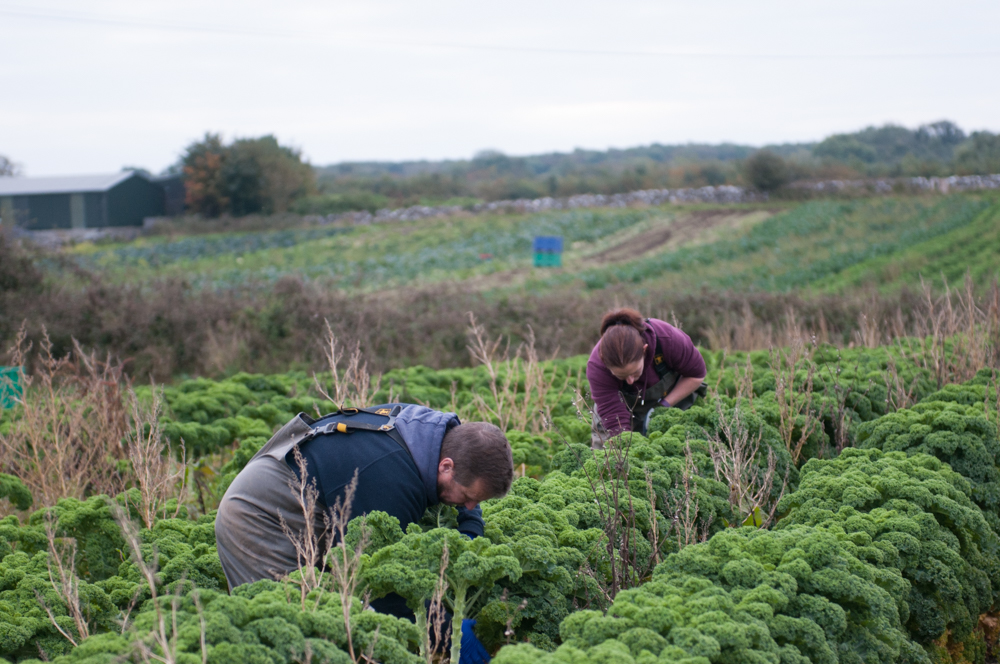
4. Love Your Leftovers
- Have a strict rule that any leftovers from dinner must be eaten for lunch the next day (or frozen for another meal).
- Find imaginative ways to repurpose your leftovers into another meal. Can it be turned into a soup or a curry or a pasta sauce? Can it be baked into a pie or a frittata? Would it be nice in a wrap or a sandwich? Can it be bulked out with some more fresh veg and simply eaten again?
- Make croutons or breadcrumbs with stale bread or the bread ends you would otherwise throw out.
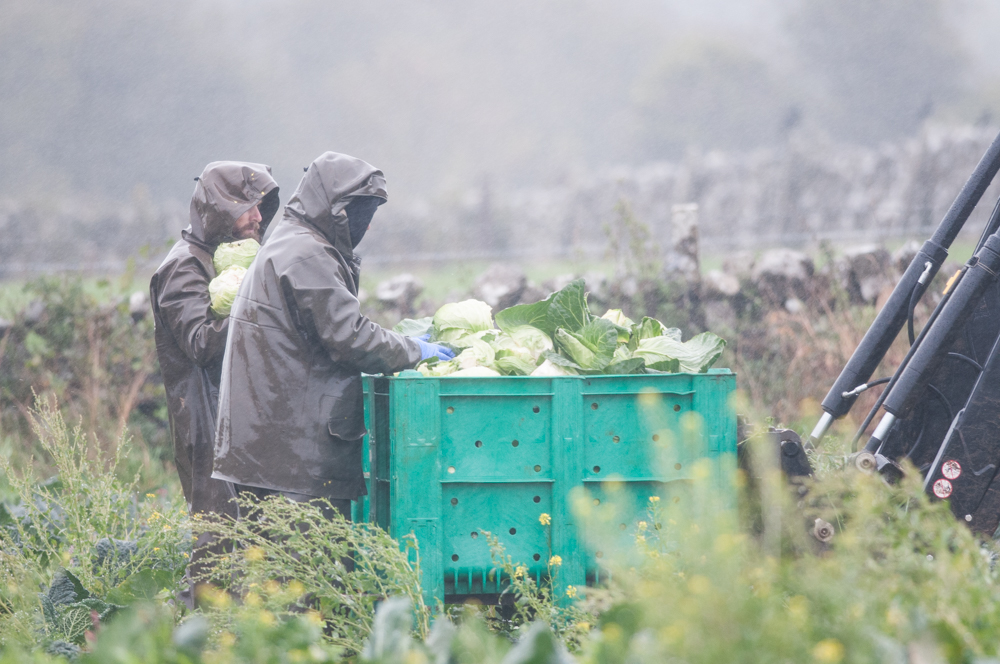
5. Preserve Any Excess
- If you have a glut of a certain fruit or vegetable, find out the best way to preserve it:
- Make chutney, jam or pickles? There are endless recipes online for inventive ways to make delicious jars of tangy chutneys and pickles and sweet jams.
- Lacto-ferment? Using just salt and a little know-how, transform your unused cabbages into sauerkraut or kimchi or your cucumber into sour dills. Any vegetable can be fermented.
- Freeze? Find out the best way to freeze your excess. Does it need blanching first?
- Dry? Use a low oven or a dehydrator to dry out excess fruit or veg. Then rehydrate it when you need it (garlic, mushrooms, carrot slices…), eat it dry as a snack (apple rings, mango, kale crisps…) or blitz into powder and make your own bouillon (celery, onion, garlic, carrot, herbs, mushrooms…).


